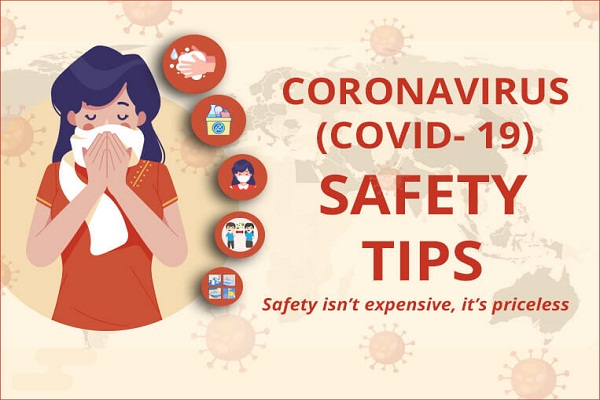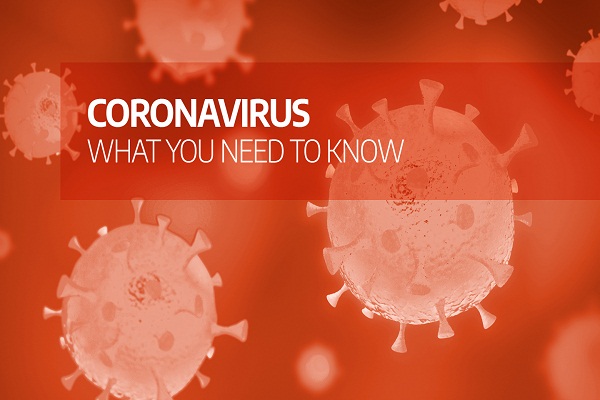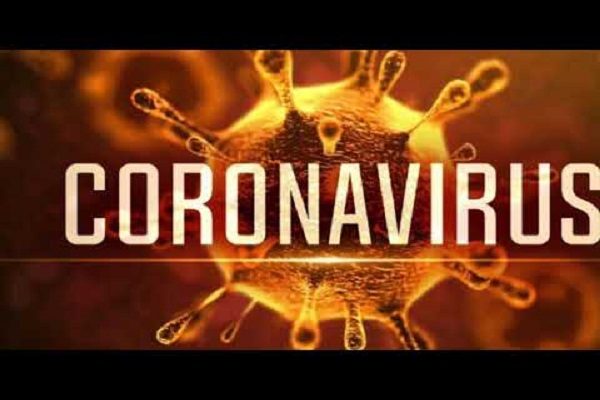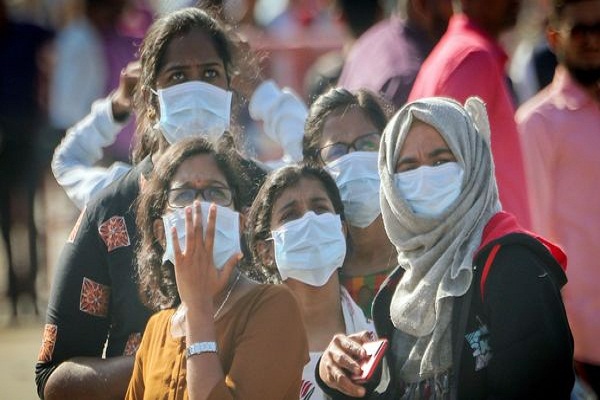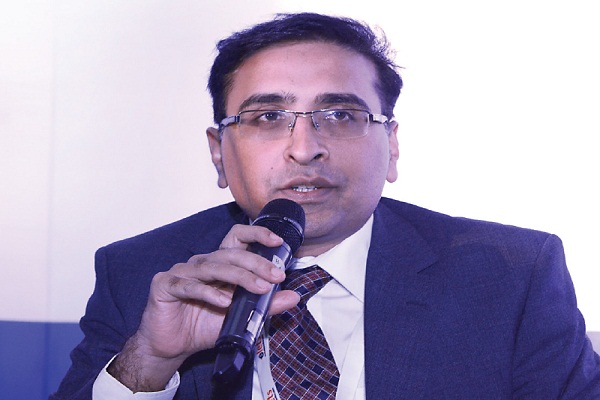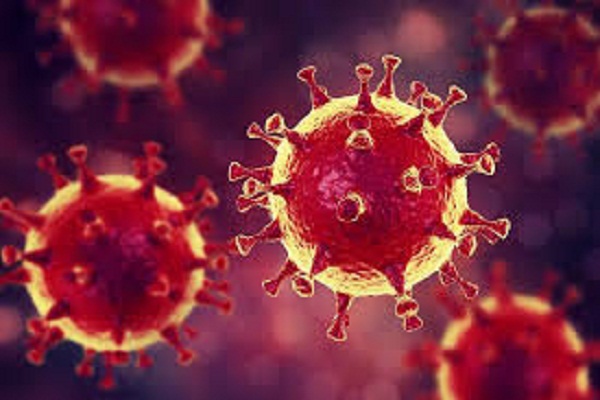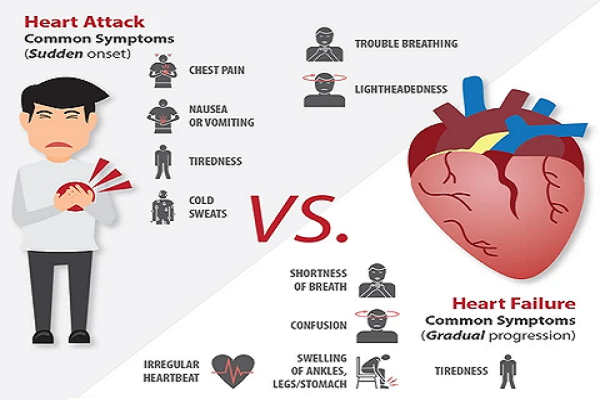
Heart failure occurs when your heart muscle doesn’t pump blood as well as it should. Certain conditions, such as narrowed arteries in your heart or high blood pressure, gradually leave your heart too weak or stiff to fill and pump efficiently. Heart failure develops after other conditions have damaged the heart. The term “congestive heart failure” comes from blood backing up into or congesting the liver, abdomen, lower extremities and lungs.
Heart failure signs and symptoms may include shortness of breath (dyspnea) when you exert yourself or when you lie down; fatigue and weakness, swelling of abdomen, legs, ankles and feet, Rapid or irregular heartbeat, reduced ability to exercise, persistent cough or wheezing with white or pink blood-tinged phlegm, Increased need to urinate at night, sudden weight gain from fluid retention and nausea, Risk factors for heart failure, include coronary heart disease, heart attack, diabetes, high BP, some diabetic medications, irregular heartbeat, congenital heart defect, obesity and substance abuse.

Today, treatments can improve the signs and symptoms of heart failure and help you live longer. Lifestyle changes such as exercising, reducing salt in diet, managing stress and losing weight, can improve your quality of life. One way to prevent heart failure is to control conditions that cause heart failure.
A heart attack, on the other hand, occurs when the flow of blood to the heart is blocked, most often by a build-up of fat, cholesterol and other substances, which lead to formation of plaque in the arteries that feed the heart (coronary arteries). A heart attack, also called myocardial infarction, can be fatal, but treatment has improved dramatically over the years. It’s crucial to call emergency medical help if you think you or a close one shows signs of a heart attack.
Common heart attack signs and symptoms include pressure, tightness, pain, or a squeezing or aching sensation in your chest or arms that may spread to your neck, jaw or back; indigestion, heartburn or abdominal pain; shortness of breath, cold sweat, fatigue, lightheadedness or sudden dizziness. But everyone doesn’t have the same symptoms or the same severity of symptoms. Some people have mild pain; others have more severe pain. Some people have no symptoms, while for others, the first sign may be sudden cardiac arrest. The earliest warning may be recurrent chest pain (angina) that’s triggered by exertion and relieved by rest.

A heart attack differs from a condition in which your heart suddenly stops (sudden cardiac arrest, which occurs when an electrical disturbance disrupts your heart’s pumping action and causes blood to stop flowing to the rest of your body). Remember! A heart attack can cause cardiac arrest, but it’s not the only cause.
Time is the most important factor and the first hour after heart attack is also called the “Golden Hour” because effective treatment instituted within one hour to open the blocked artery can lead to complete reversal of the damage suffered. Delay in treatment leads to irreversible damage to the heart. Treatment started more than 12 hours after suffering a heart attack is of very little use in most instances.
Measures to be taken before patient is shifted to a hospital
- Make the person sit down and calm. Loosen his/her clothing.
- Transport the patient to the nearest hospital or ambulance service immediately.
- Nothing should be given except for sublingual (under the tongue) or any other medication prescribed by the doctor. A tablet of aspirin helps to limit the damage. A 300 mg aspirin tablet chewed at the time of heart attack can reduce the mortality by 15 to 20 per cent.
- If there is no breathing or pulse, give Cardiopulmonary resuscitation (CPR). Immediately place the palm of your hand on the patient’s chest just over the lower part of the sternum (breast bone) and press your hand in a pumping motion once or twice by using the other hand. This may make the heart beat again.
(Disclaimer: Dr Atul Mathur, Director, Interventional Cardiology, Fortis Escorts Heart Institute (FEHI). Views expressed are a personal opinion.)
Be a part of Elets Collaborative Initiatives. Join Us for Upcoming Events and explore business opportunities. Like us on Facebook , connect with us on LinkedIn and follow us on Twitter , Instagram.


